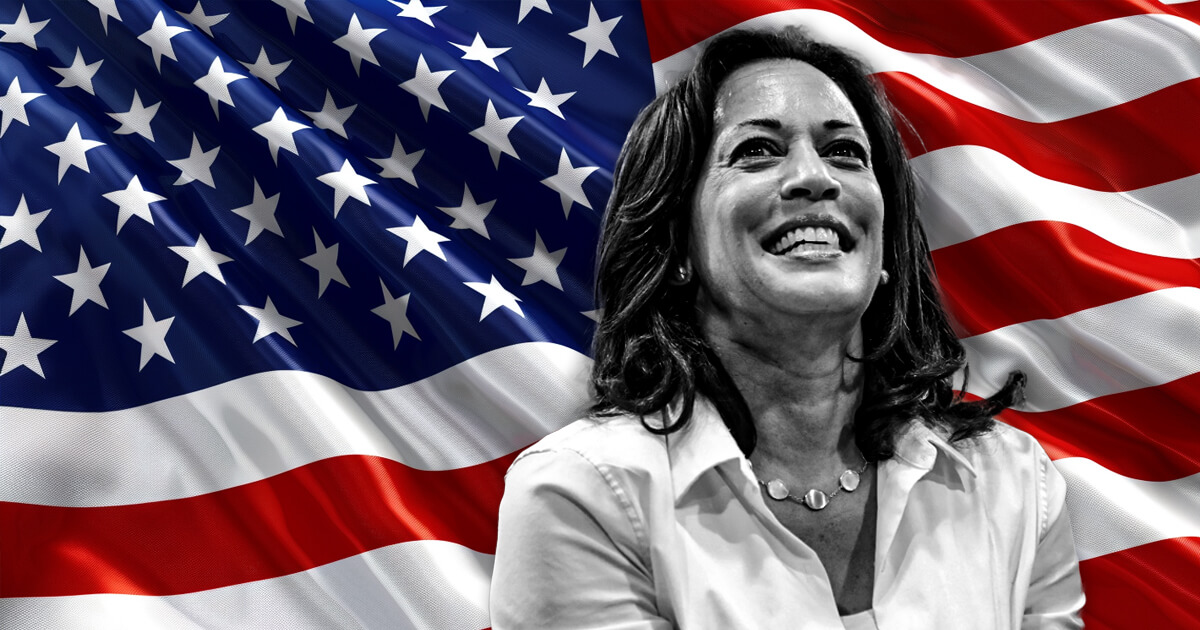In a recent court order, Judge Analisa Torres has denied the United States Securities and Exchange Commission’s (SEC) request to file an interlocutory appeal against Ripple. While this decision has sparked varying opinions within the legal community, it marks a notable development in the ongoing legal battle between the SEC and Ripple.
Judge Torres based her decision on her prior ruling, which had partially favored Ripple. She asserted that the case did not present a “controlling question of law,” a prerequisite for approving an interlocutory appeal. An interlocutory appeal is an appeal made during the course of a trial, which, in this instance, pertains to the SEC’s ongoing legal proceedings against Ripple, its CEO Brad Garlinghouse, and executive chairman Christian Larsen.
Many legal experts had anticipated the denial of the SEC’s appeal. Bill Hughes, a lawyer at blockchain firm Consensys, noted that interlocutory appeals are not typically granted during this phase of a trial. However, opinions on the implications of this decision diverge.
Differing views among legal experts
Crypto lawyer Jeremey Hogan expressed confidence that the denial of the SEC’s appeal was a “disaster” for the regulator, emphasizing the potential impact of Judge Torres’ decision on the SEC’s case. In contrast, Bill Hughes disagreed, stating that the court’s ruling was limited to this specific case and might not necessarily affect subsequent cases.
Gabriel Shapiro, the General Counsel at Delphi Labs, cautioned crypto advocates against excessive optimism, explaining that the denial of the appeal did not equate to a complete loss for the SEC. He pointed out that the SEC still had the option to appeal the case in its entirety after the trial had concluded.
Potential consequences for Ripple and the SEC
Scott Chamberlain, an entrepreneurial fellow at the ANU College of Law, suggested that the denial of the appeal might hold more significance for Ripple than some initially thought. While the SEC retains the option to appeal later, Chamberlain emphasized that the factual record in its possession could complicate any future appeal. Moreover, any potential appeal would likely be heard in the Supreme Court, leaving little room for major legal questions, and instead focusing on applying established law to the intricate factual circumstances of the case.
In essence, Chamberlain highlighted the challenge the SEC faces in pursuing its claims further. He stated,
“The law didn’t change. SEC failed to prove its case. Now it has to push uphill with a pointy stick if it wants to win.”
Ripple CEO Brad Garlinghouse also weighed in on the matter, expressing his enthusiasm following the recent court order. Garlinghouse took to social media to share his optimism regarding the development.
As outlined in the latest court order, the trial for this matter is currently scheduled for April 23, 2024. If the SEC chooses to pursue an appeal, it must do so after the trial has concluded. This sets the stage for a potentially pivotal moment in the ongoing legal saga between the SEC and Ripple.





